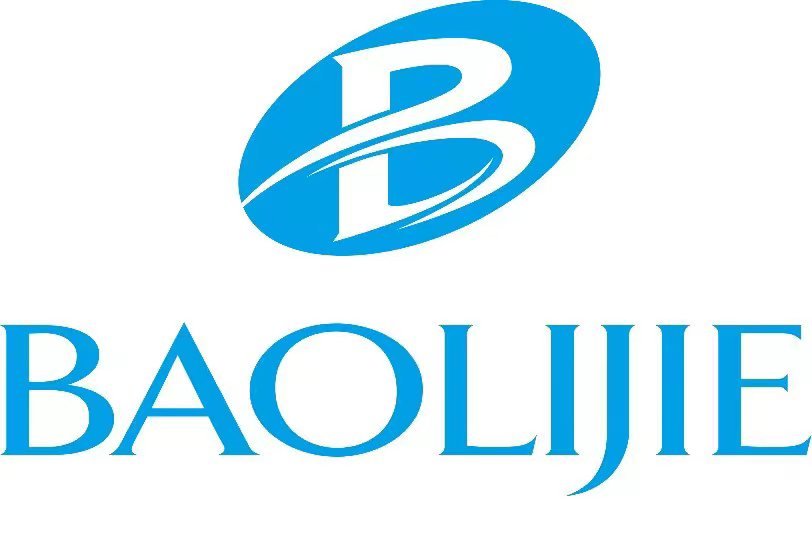The rise of electric toothbrushes has significantly improved oral health worldwide. However, with this rise comes the responsibility to adopt sustainable practices in manufacturing. Leading manufacturers such as Philips Sonicare, Oral-B, and Colgate are at the forefront of this movement, implementing innovative solutions to reduce their environmental impact. This article explores the sustainable practices adopted by these manufacturers and their impact on the electric toothbrush market.
The Shift Towards Sustainable Materials
One of the key areas where electric toothbrush manufacturers are making a difference is in the use of sustainable materials. Many companies are transitioning to recycled and biodegradable materials for their toothbrushes and packaging. This shift not only reduces the environmental footprint of these products but also promotes a circular economy.
Philips Sonicare, for instance, has introduced a recycling program for its electric toothbrush handles. Users can return their old toothbrushes to Philips, which recycles the materials to create new products. This initiative has significantly reduced waste and encouraged users to adopt more sustainable practices.
Energy-Efficient Manufacturing Processes
Energy efficiency is another critical aspect of sustainable manufacturing. By adopting energy-efficient processes, electric toothbrush manufacturers can reduce their carbon footprint and contribute to a more sustainable future. This includes using renewable energy sources, optimizing production processes, and reducing energy consumption.
Oral-B has made significant strides in this area by implementing energy-efficient practices in its manufacturing facilities. The company has invested in renewable energy sources and optimized its production processes to reduce energy consumption. These efforts have not only reduced Oral-B’s carbon footprint but also set a benchmark for other manufacturers to follow.
Reducing Plastic Waste
Plastic waste is a significant environmental concern, and electric toothbrush manufacturers are taking steps to address this issue. Many companies are developing biodegradable toothbrush heads and using recycled plastics for their products and packaging. This approach reduces plastic waste and promotes the use of sustainable materials.
Colgate, for example, has developed a line of toothbrush heads made from biodegradable materials. These toothbrush heads break down naturally, reducing plastic waste and minimizing their environmental impact. Colgate is also using recycled plastics for its packaging, further contributing to a more sustainable product lifecycle.
Sustainable Packaging Solutions
Packaging is another area where electric toothbrush manufacturers can make a significant impact. By using sustainable packaging solutions, companies can reduce their environmental footprint and promote the use of eco-friendly materials. This includes using recycled materials, reducing packaging size, and eliminating unnecessary components.
Philips Sonicare has implemented sustainable packaging solutions for its electric toothbrushes. The company uses recycled materials for its packaging and has reduced the size of its packaging to minimize waste. These efforts have not only reduced Philips’ environmental impact but also set an example for other manufacturers to follow.
Promoting Sustainable Practices Among Consumers
Educating consumers about sustainable practices is crucial for promoting a more sustainable future. Electric toothbrush manufacturers are taking steps to raise awareness about the importance of sustainability and encourage consumers to adopt eco-friendly habits. This includes providing information about recycling programs, sustainable materials, and energy-efficient practices.
Oral-B, for instance, has launched a campaign to educate consumers about the importance of recycling electric toothbrushes and using sustainable products. The campaign provides information about Oral-B’s recycling programs and encourages consumers to return their old toothbrushes for recycling. This initiative has raised awareness about sustainability and promoted eco-friendly practices among consumers.
الخاتمة
In conclusion, sustainable practices in electric toothbrush manufacturing are essential for reducing environmental impact and promoting a more sustainable future. Leading manufacturers such as Philips Sonicare, Oral-B, and Colgate are implementing innovative solutions to reduce their carbon footprint, use sustainable materials, and promote eco-friendly practices. These efforts are setting a benchmark for the industry and encouraging consumers to adopt more sustainable habits. As the market continues to evolve, we can expect to see even more exciting developments in sustainable electric toothbrush manufacturing, further enhancing our approach to oral care.
أسئلة وأجوبة
Q: How are electric toothbrush manufacturers using sustainable materials? A: Manufacturers are transitioning to recycled and biodegradable materials for their toothbrushes and packaging, reducing the environmental footprint and promoting a circular economy.
Q: What energy-efficient practices are being adopted by electric toothbrush manufacturers? A: Companies are using renewable energy sources, optimizing production processes, and reducing energy consumption to minimize their carbon footprint.
Q: How are manufacturers addressing the issue of plastic waste? A: Many manufacturers are developing biodegradable toothbrush heads and using recycled plastics for their products and packaging, reducing plastic waste and promoting sustainability.
Q: What sustainable packaging solutions are being implemented by electric toothbrush manufacturers? A: Companies are using recycled materials, reducing packaging size, and eliminating unnecessary components to minimize environmental impact.
Q: How are electric toothbrush manufacturers promoting sustainable practices among consumers? A: Manufacturers are launching campaigns to educate consumers about recycling programs, sustainable materials, and energy-efficient practices, encouraging eco-friendly habits.

